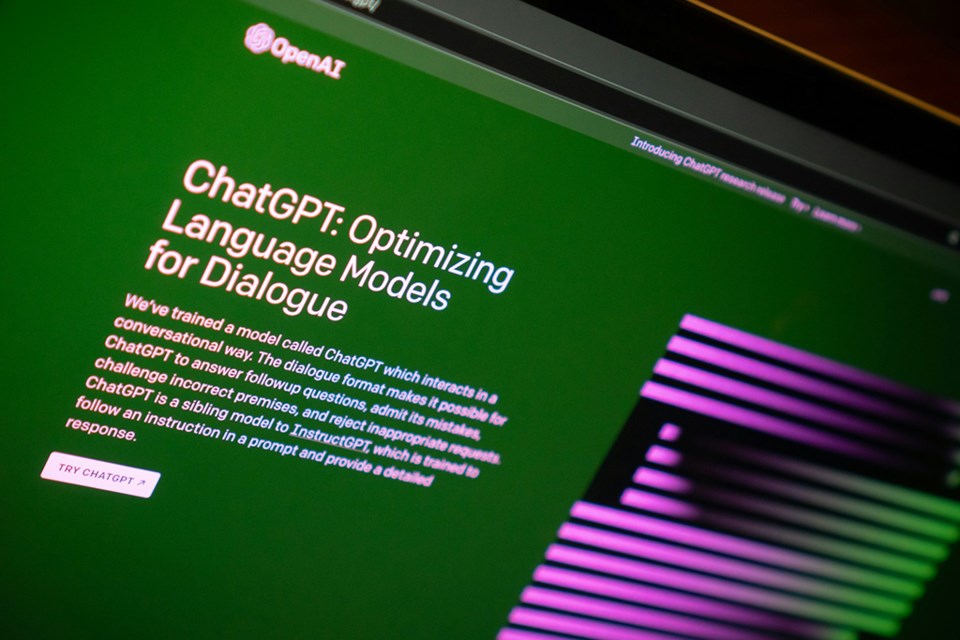A TechCrunch investigation revealed something that should make everyone pause before clicking "share" on their next ChatGPT conversation. When users create public links to their ChatGPT conversations, Google and other search engines are indexing them, making private conversations discoverable through simple domain filtering searches.
The mechanics are straightforward, but the implications are staggering. Search for site:chatgpt.com/share on Google, and you'll find strangers asking ChatGPT to rewrite their resumes, seeking advice that sounds lifted from incel forums, and requesting help with everything from bathroom renovations to astrophysics. One user's LinkedIn profile was easily discoverable based on details in their shared chat log.
OpenAI requires two deliberate clicks to share a conversation. First, users click "share," then "create link." The service promises that "your name, custom instructions, and any messages you add after sharing stay private," but users likely don't anticipate that Google will index these supposedly private conversations.
This creates a dangerous gap between user expectations and reality. People assume they're sharing with a small circle or posting to a controlled environment, but they're actually publishing to the internet's most powerful indexing engine.
If you use ChatGPT for strategic planning, competitive analysis or sensitive discussions, this is a wake-up call. Every shared conversation is potentially discoverable by competitors, journalists, regulators, or anyone with basic search skills. Not every conversation, though, just the ones you specifically share.
To be safe…
Audit your team's AI usage. Find out who's sharing ChatGPT conversations (and why). Most employees don't realize the privacy implications of that "share" button.
Establish clear AI sharing policies. Ban sharing conversations that contain any confidential information, customer data or strategic insights. Make this a hard rule, not a suggestion.
Train your teams. Your employees need to understand that "sharing" with an AI tool can mean sharing with the world. The internet never forgets, and search engines never sleep.
Consider enterprise solutions. If your team needs to collaborate on AI conversations, invest in enterprise AI tools with proper access controls rather than relying on consumer platforms.
This security lapse only applies to ChatGPT conversations that are specifically shared, so let's not throw the bot out with the bug.
As always, your thoughts and comments are both welcome and encouraged. -s
Shelly Palmer is the Professor of Advanced Media in Residence at Syracuse University’s S.I. Newhouse School of Public Communications and CEO of The Palmer Group, a consulting practice that helps Fortune 500 companies with technology, media and marketing. Named LinkedIn’s “Top Voice in Technology,” he covers tech and business for Good Day New York, is a regular commentator on CNN and writes a popular daily business blog. He's a bestselling author, and the creator of the popular, free online course, Generative AI for Execs. Follow @shellypalmer or visit shellypalmer.com.




